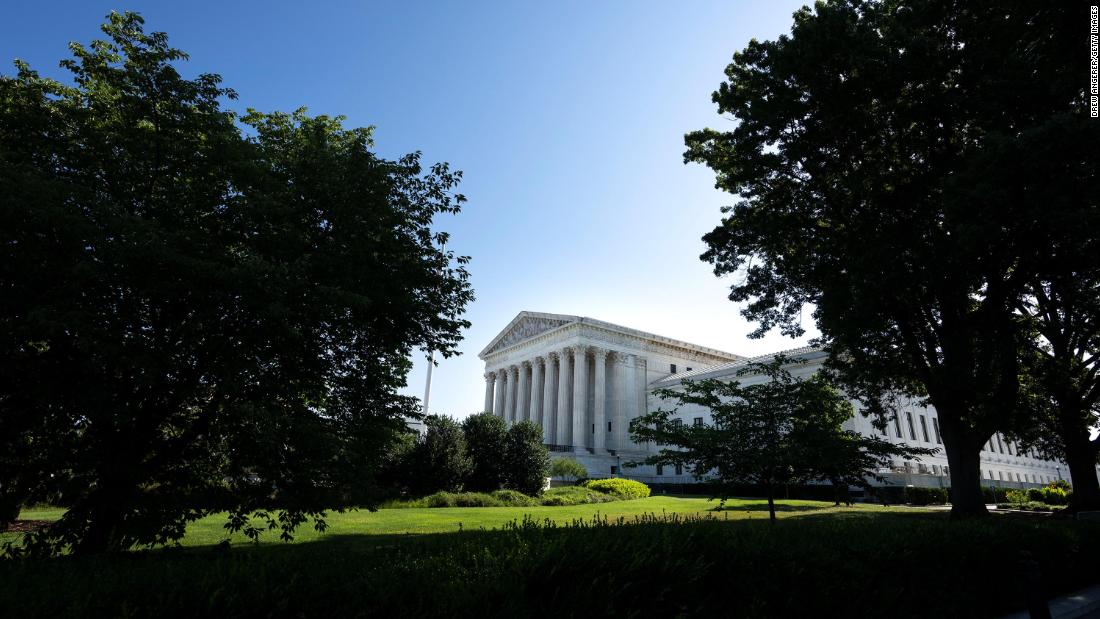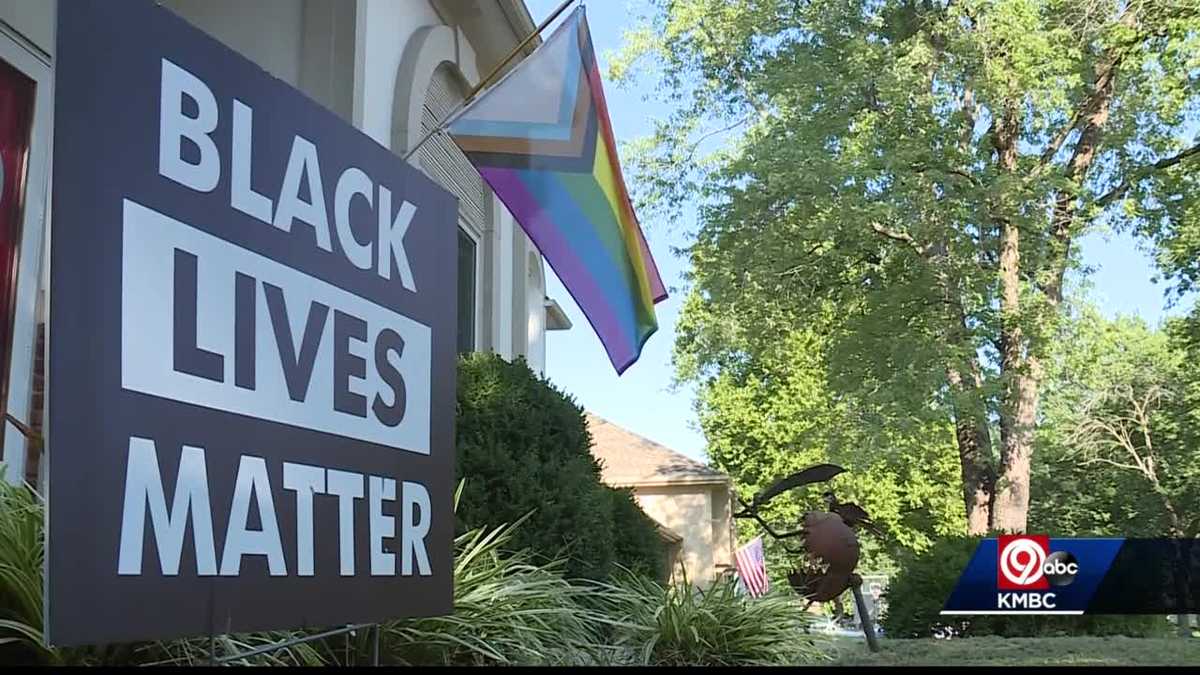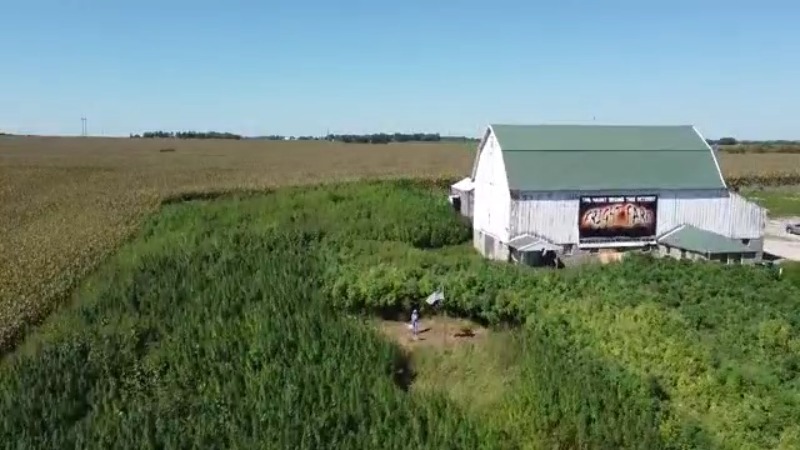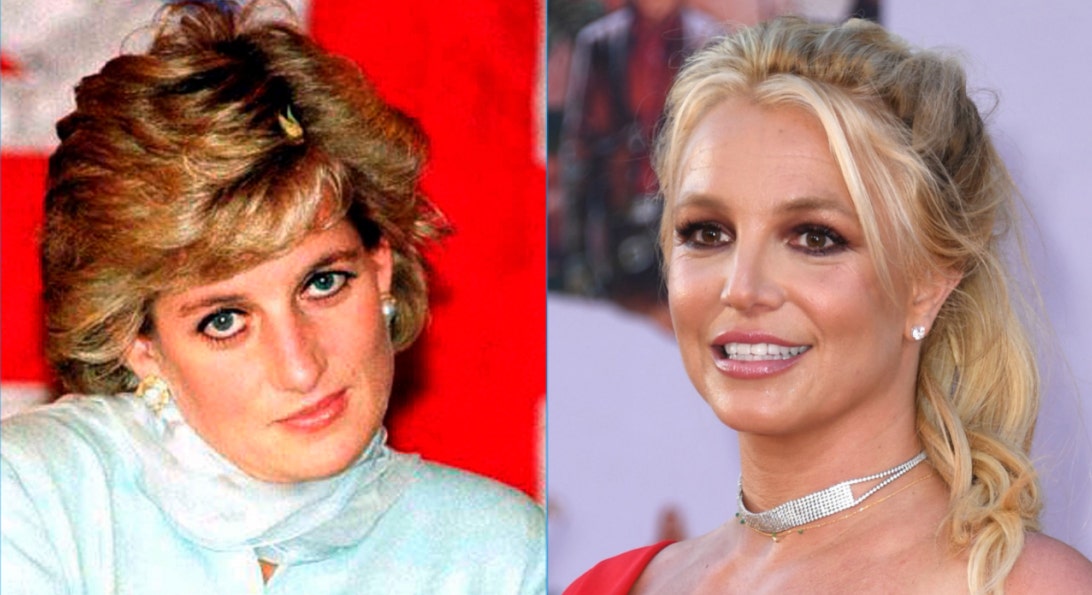Here is a look at the last two cases where justices will deliver opinions.
Brnovich v. Democratic National Committee
One provision wholly rejects ballots cast in the wrong precinct. Another says that only certain persons — family, caregivers, mail carriers and elections officials — may deliver another person’s completed ballot to the polling place.
Since that decision, challengers to voting restrictions have increasingly turned to Section 2 of the law, that holds that no voting regulation can be imposed that “results in a denial or abridgement of the right of any citizen of the United States to vote on account of race or color.” Democrats fear the new conservative majority on the court will now weaken Section 2. Conservatives, on the other hand hope the court will give the states more power to pass what they consider ballot protection provisions.
Dark money and donor disclosure
The groups say they want to keep their donors secret and that the state has not shown a compelling reason for the rule. They argue it will chill contributors from coming forward for fear of harassment — in violation of the First Amendment. Although the information is supposed to be confidential, the groups point out that the state has made inadvertent disclosures.
In response, California argues that the groups already have to file the same data with the IRS and the state needs the information as it tries to combat fraud related to charities. Three other states — New York, New Jersey and Hawaii — have similar laws.








